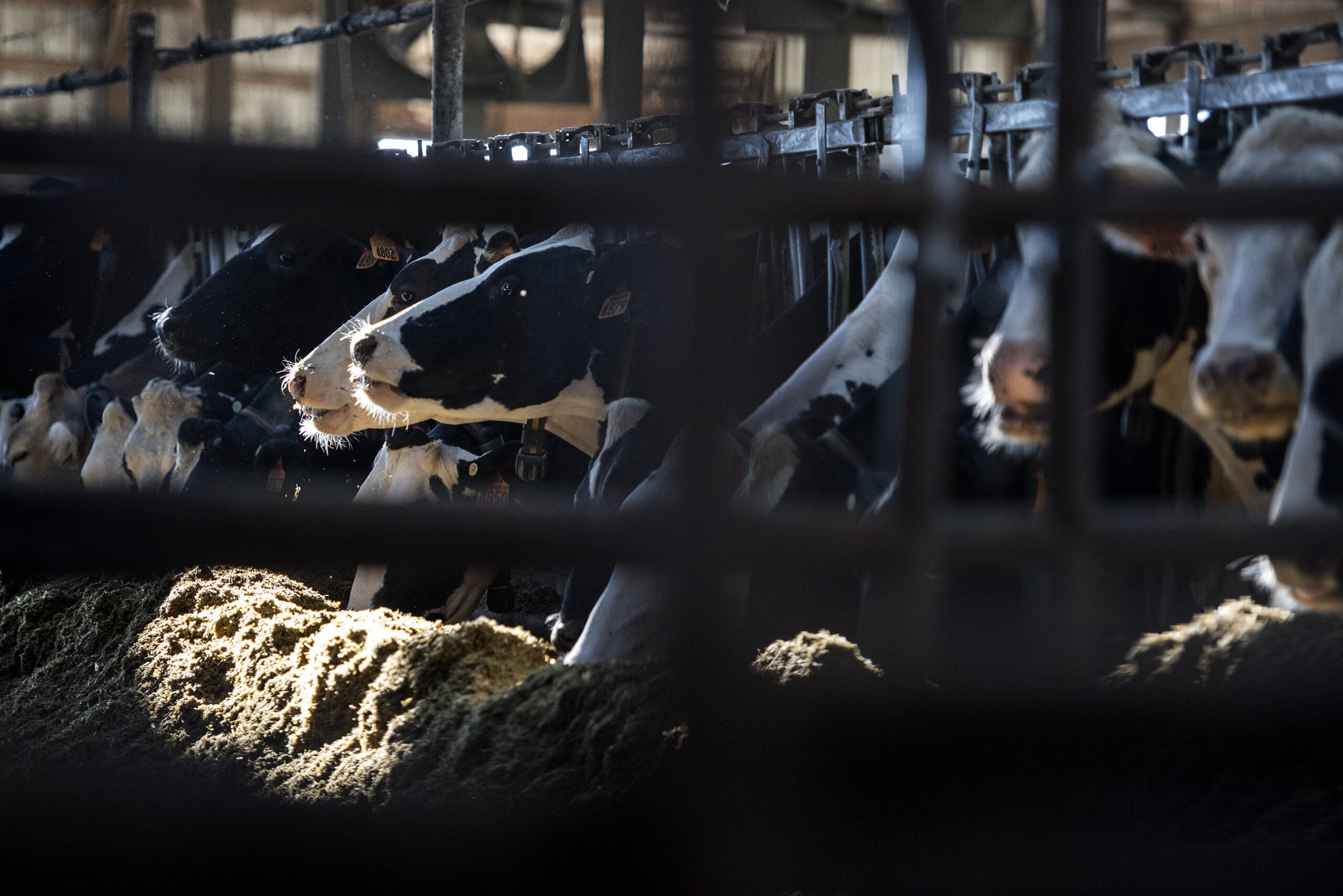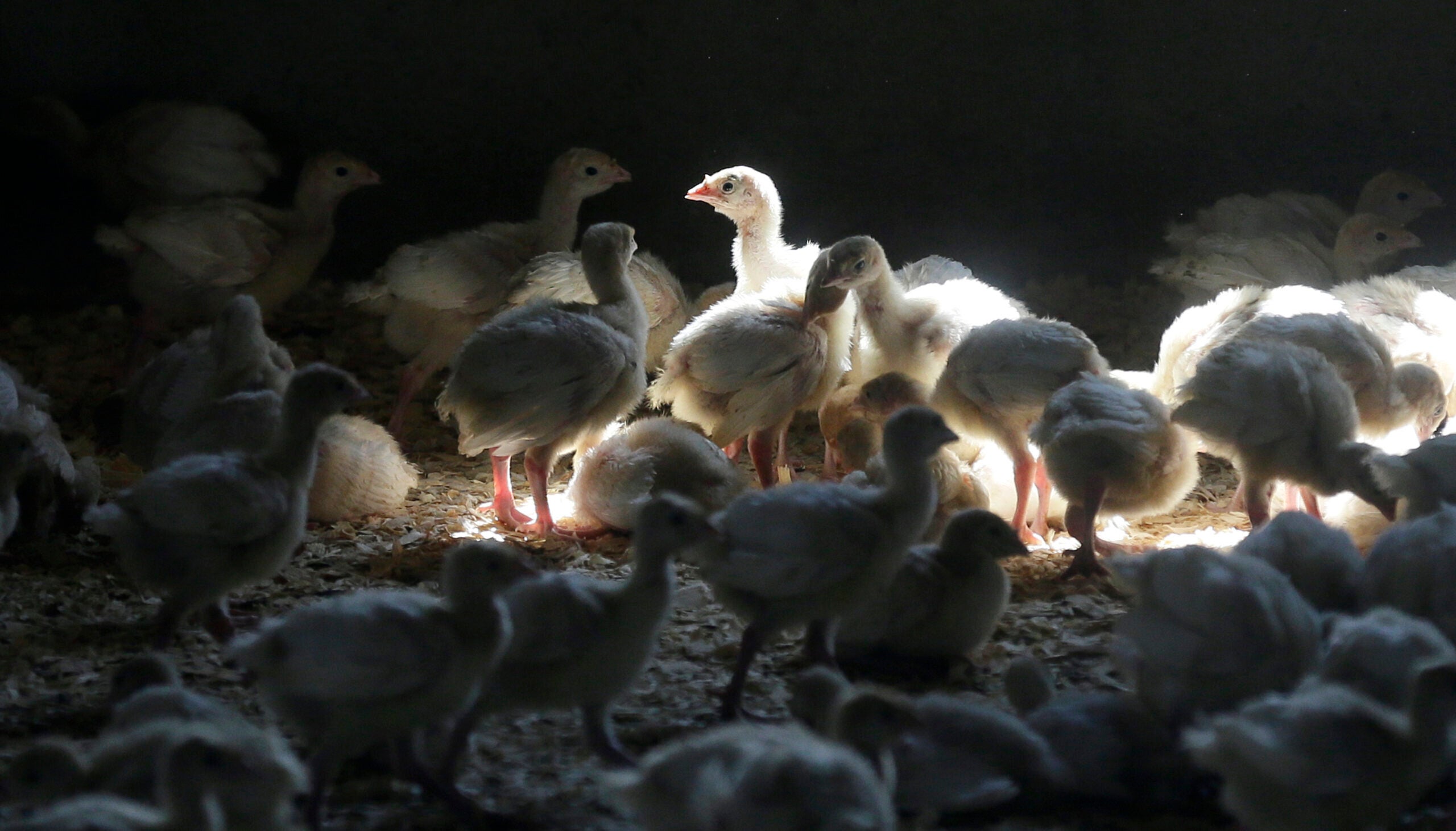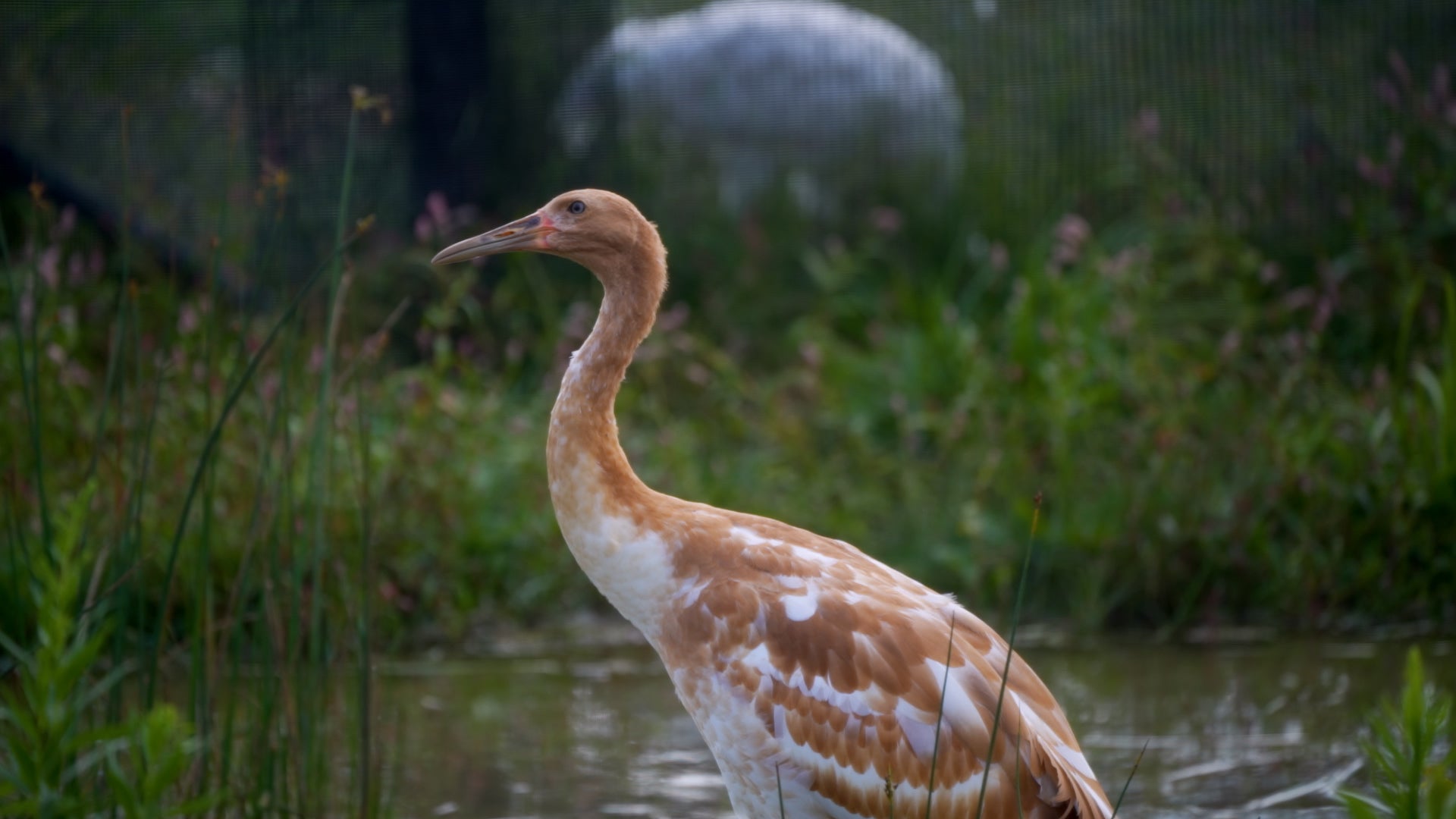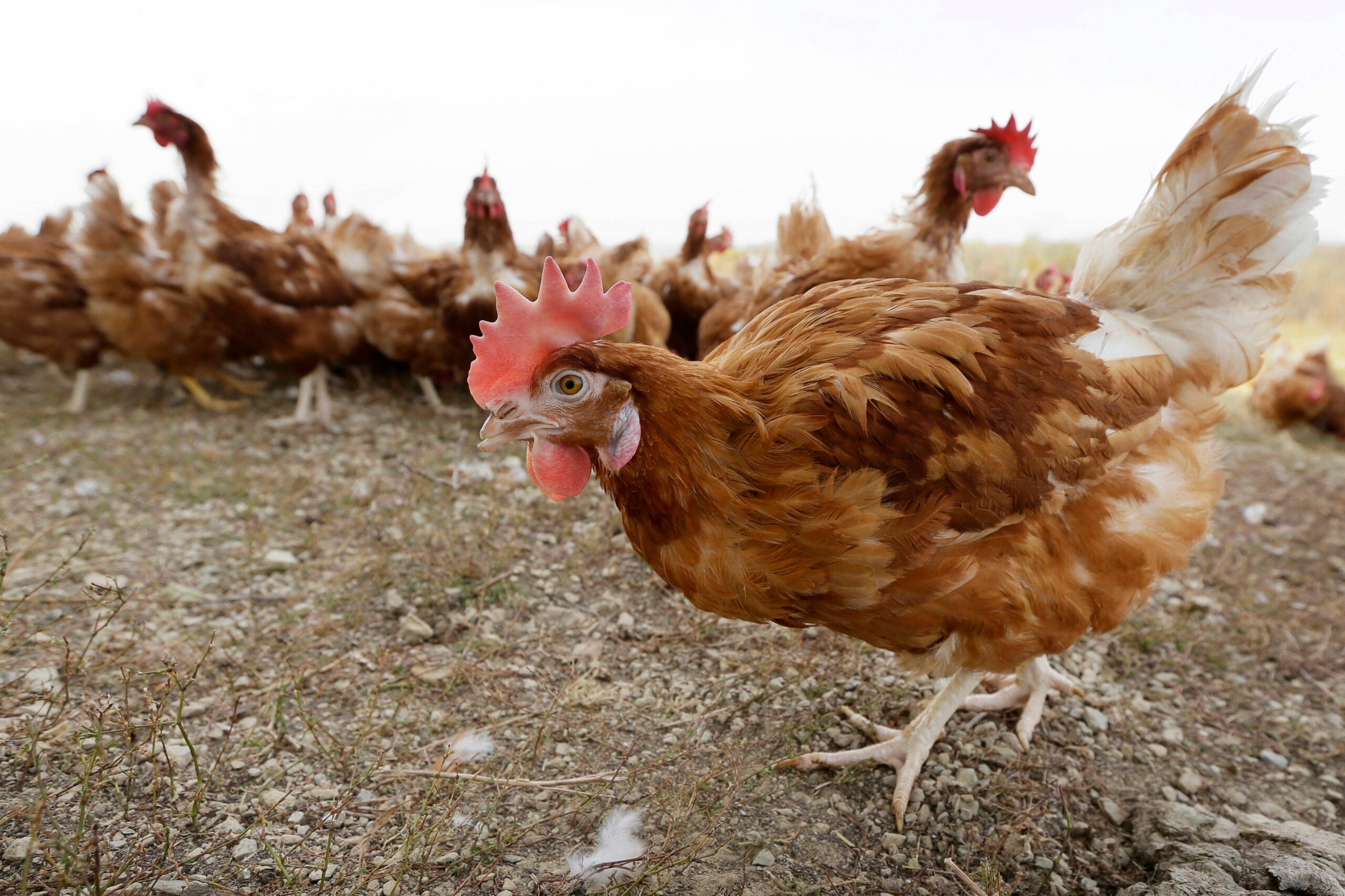For the first time since 2015, a case of the highly pathogenic avian influenza, or bird flu, has been confirmed in Wisconsin.
Officials with the Wisconsin Department of Agriculture, Trade and Consumer Protection announced the positive case Monday. They said it was found on a commercial egg-laying facility in Jefferson County.
The Wisconsin Veterinary Diagnostic Laboratory tested the samples and the National Veterinary Services Laboratories confirmed the results, said Dr. Darlene Konkle, Wisconsin state veterinarian.
News with a little more humanity
WPR’s “Wisconsin Today” newsletter keeps you connected to the state you love without feeling overwhelmed. No paywall. No agenda. No corporate filter.
Konkle said state and federal officials are working with the farm owner to cull the nearly 3 million laying hens at the facility. No poultry products will be moved from the facility and the birds will not be used for food.
Officials are also monitoring the farm owners’ other nearby flocks, but Konkle said so far, there have been no indications of further virus spread.
“Our main objective is to prevent the spread of this virus either to other wild birds or to other domestic birds, either backyard flocks or other commercial flocks,” she said. “So, that’s why we need to act quickly.”
Konkle said the source of the virus on the affected farm hasn’t yet been identified. Several other states have already identified cases of avian influenza this spring, and it has been found in wild waterfowl.
The 2015 avian influenza outbreak in Wisconsin affected nine commercial flocks and one backyard flock in under one month, causing the death of more than 1.9 million birds in the state.
Konkle said officials don’t know how the new strain of the virus compares to the one seen in 2015, but she said the death rate reported by the affected farm indicates it’s similarly virulent.
“This particular virus, it hasn’t been in the U.S. for a very long time. The first detections were in wild birds just near the holiday season,” Konkle said. “As far as I’m aware, it does affect poultry species, which would include our common chickens and turkeys, but also other types of birds that people may raise such as peacocks, waterfowl that are raised as backyard birds.”
Konkle said officials are working with the farm owner on a plan to dispose of the affected birds.
According to the Centers for Disease Control and Prevention, the highly contagious bird flu:
- Doesn’t present an immediate public health concern
- Hasn’t been found in humans in the United States.
- Doesn’t pose a food safety risk because the virus is killed when someone properly handles and cooks poultry and/or eggs.
State officials monitor for human cases of the bird flu, according to the press release announcing the positive case, and they have plans in place to respond if a human case is found.
For more information on the bird flu, visit the Wisconsin Department of Natural Resources wildlife diseases website.
Wisconsin Public Radio, © Copyright 2025, Board of Regents of the University of Wisconsin System and Wisconsin Educational Communications Board.






